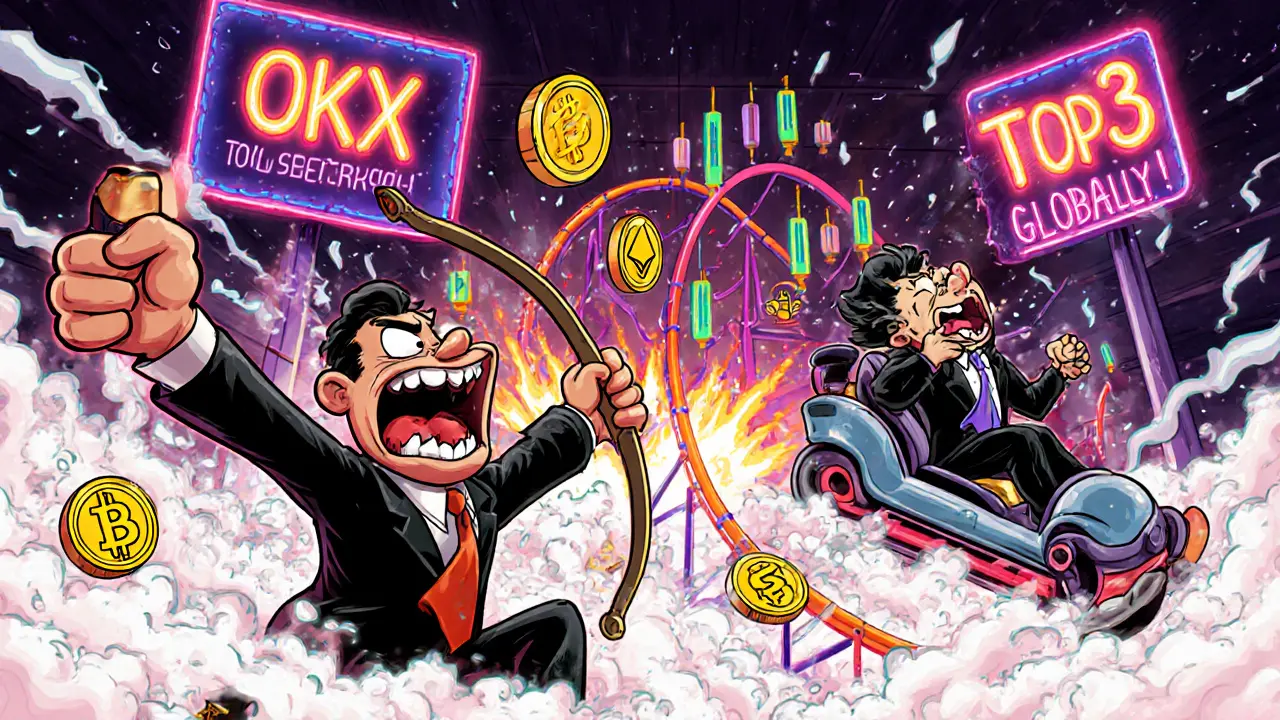OKX Wallet: What It Is, How It Works, and What You Need to Know
When you use OKX Wallet, a non-custodial cryptocurrency wallet developed by the OKX exchange platform. Also known as OKX Wallet App, it lets you hold, send, and interact with crypto without giving up control of your private keys. Unlike the wallet inside the OKX exchange app—which keeps your crypto on their servers—OKX Wallet is yours alone. You’re the only one who can access it, and if you lose your seed phrase, there’s no customer support to recover it. That’s the trade-off: total control, total responsibility.
This wallet isn’t just a storage tool—it’s a bridge to DeFi, decentralized finance protocols that let you lend, borrow, or earn interest without banks. You can connect it to Uniswap, a leading decentralized exchange where users swap tokens directly from their wallets, or stake tokens on Polygon, a blockchain network optimized for low-cost, fast transactions. Many users switch to OKX Wallet because they want to participate in airdrops, free token distributions often tied to early adoption or holding specific assets that exchange wallets can’t access. If you’re holding tokens from a new project, you’ll often need to move them to a non-custodial wallet like OKX Wallet to claim rewards.
It’s not perfect. The interface can feel clunky if you’re new to Web3. Gas fees on Ethereum can eat into small trades. And because it’s tied to OKX, some features like fiat on-ramps are limited compared to standalone wallets like MetaMask. But for users already on OKX, it’s the easiest way to go from trading to owning. You don’t need to download a new app or learn a new system—you just tap a button and your crypto moves from exchange to wallet. That simplicity is why millions use it.
What you’ll find in the posts below are real breakdowns of crypto projects that users interact with through wallets like OKX Wallet—from risky meme coins with no liquidity to airdrops that vanished overnight. You’ll see how people lost money by trusting fake token distributions, how some wallets became targets for scams, and why knowing the difference between an exchange wallet and your own non-custodial wallet isn’t just smart—it’s essential. These aren’t theoretical warnings. They’re lessons from people who’ve been there.
